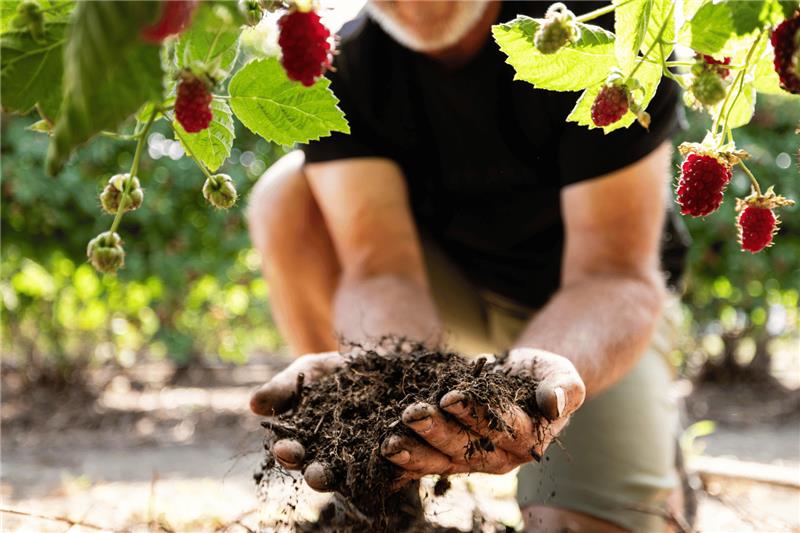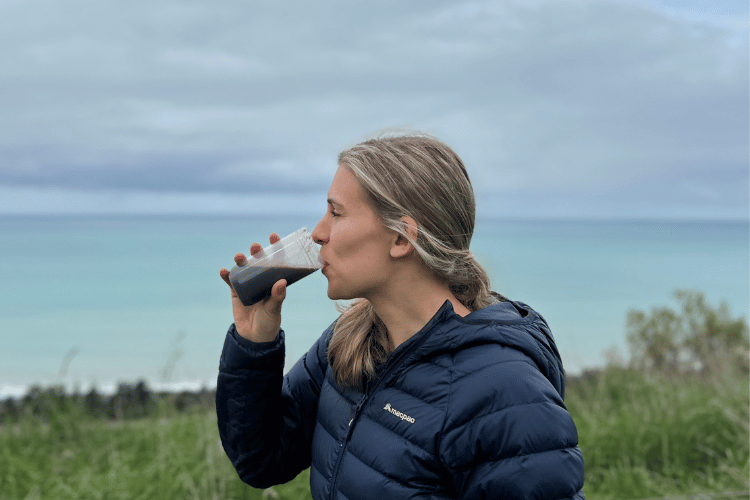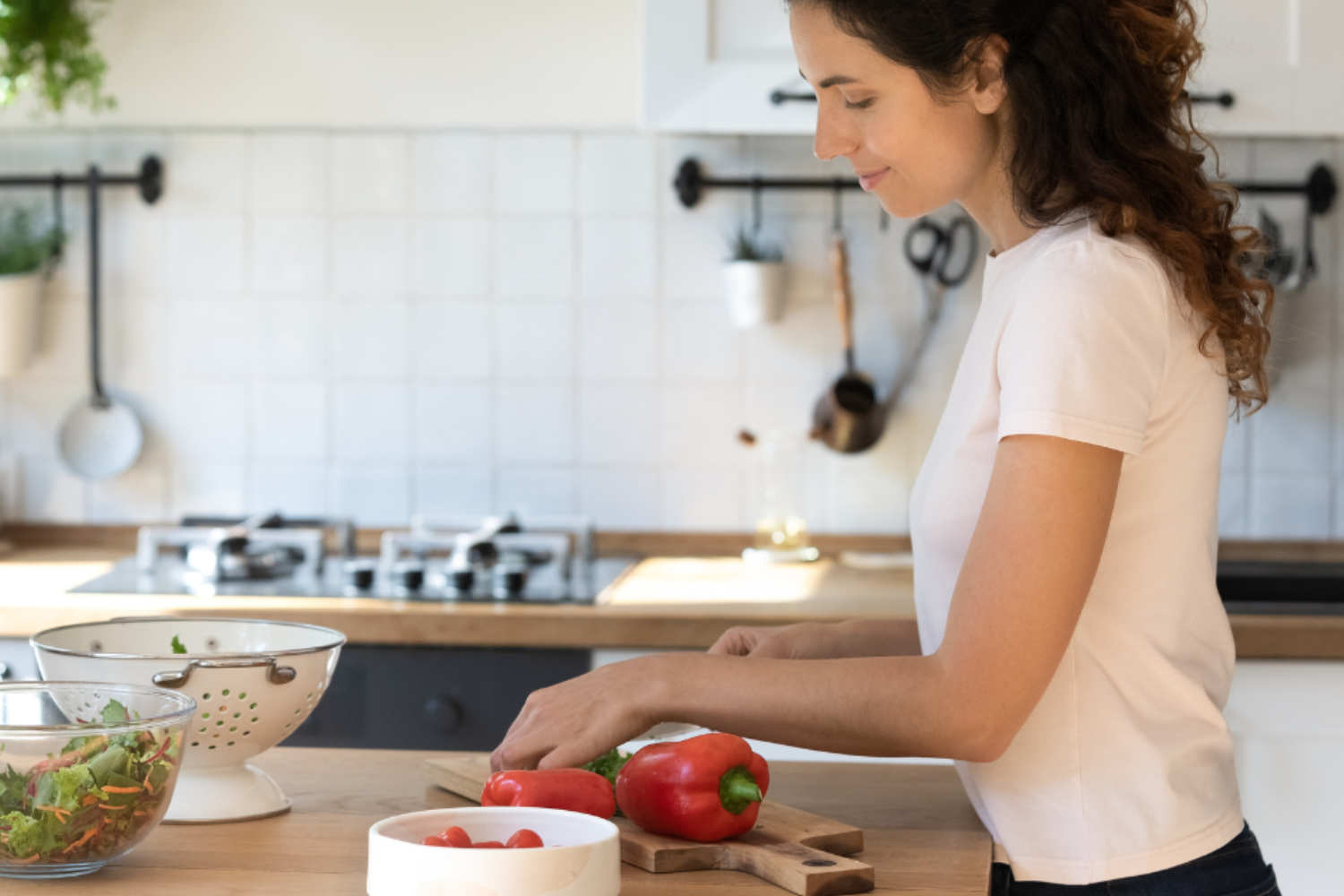What is Endometriosis?
Endometriosis is an inflammatory disease that affects millions around the globe, and it’s estimated that at least 1 in 10 women and girls in New Zealand will experience it.
Endometriosis occurs when the endometrial cells located inside the uterus start to grow on the outside of the uterus, fallopian tubes, and ovaries. Living with this condition can be debilitating. The physical and emotional effects can be serious, far-reaching, and persistent, so we’ve created a list of self-care tips to help you or someone you know better cope.
Get emotional support
Living with chronic pain can be an incredibly difficult experience that can take a toll on your mental health. It's common to feel anxious or depressed, and these feelings can make your pain feel even worse. If you're struggling with negative emotions, it might be helpful to try practicing meditation or mindfulness for just a few minutes each day.
Let your friends, family, and even colleagues know about the pain and how it's affecting you. Your peers are an important place to receive support from, and letting your workplace know could help ease work pressures when you are not feeling your best.
For more specialist support, it would be beneficial to connect with a mental health therapist, or find support online. The digital age has made it so easy to be able to connect to others on the same journey as you. Below are a few online blogs and resources dedicated to sharing the experiences of those living with Endometriosis that you might find helpful and relatable.
Nutrition
Nutrition plays a key role in many ailments and Endometriosis is no different. Inflammation and oestrogen levels can make endometriosis symptoms worse, and your diet can influence both factors.
Some anti-inflammatory foods to add to your diet include:
-
Leafy and dark green vegetables like broccoli, sprouts, kale, cauliflower, cabbage
-
Food rich in antioxidants, such as berries, apples and green tea
-
Nuts (walnuts and brazil nuts are great) and seeds
-
Omega fatty acids, such as oily fish like Salmon, seeds and extra virgin olive oil, avocado, olives, peanut butter
-
Iron-rich foods such as green leafy vegetables, beetroots, dried apricots and plain yogurt
-
Fibre. Aim for 30 grams of fibre each day from fruits and vegetables, seeds, legumes and whole grains
-
Foods high in magnesium, such as dark chocolate, almonds, cashews and avocado
-
Water. Aim to drink six glasses of water per day. Pay attention to your thirst queues, your body is amazing at telling you what it needs!
-
Foods that contain anti-inflammatory properties, such as blackcurrants. Blackcurrant seed oil contains gamma-linolenic acid (GLA), a type of omega-6 fatty acid that’s been said to help ease inflammation in the body.
Foods to consume less frequently:
-
Fatty red meat
-
Refined sugars
-
Processed foods
-
Drinks high in sugar
-
Alcohol
-
Gluten
-
High-fat Dairy products
Note: When excluding foods from your diet, make sure to eat alternatives so you avoid any nutrient deficiencies.
Get a good night’s rest
Getting a good night's sleep is an essential part of managing stress levels and fighting inflammation.
If sleep is something that eludes you, then you could try to:
-
Maintain a regular bed and wake schedule
-
Establish a regular relaxing bedtime routine
-
Read your favourite book
-
Try an oil diffuser with calming and relaxing scents
-
Remove phones, laptops and TVs from your sleep environment
Move your body
Exercise does wonders for the mind and body. If it’s the right exercise for you, it can be a very powerful tool to help manage your symptoms. Moving your body has been shown to help ease pain as it releases endorphins, and lowers levels of oestrogen and inflammation.
High-intensity interval training, running, or other aerobic workouts may worsen your symptoms. If this is the case, try yoga or walking for a more passive and gentler workout. When you feel up to it, make it a habit to move more often. 5 minutes a day counts!
Breathe
Living with pain can be stressful, and stress can make your symptoms worse while contributing to your pain sensitivity. Try deep breathing by inhaling through your nose to fill your lungs with air, hold for 10 seconds, then slowly exhale. Try meditation to calm your mind and body during tough episodes, and please always remember to be kind to yourself.
Try acupuncture
Acupuncture is a traditional Asian therapy that use fine needles to stimulate pressure points around the body. It improves your blood flow and releases natural painkilling chemicals within the body.
NOTE: please consult with a medical professional before trying any self-help remedies.
If you’re interested in more information about diagnoses and treatment options, visit the Endometriosis New Zealand website.
Links
To find out how to get started on the shots, check out our Get Started page.
If you're a returning Shotster head over to the online store.
For more, refer to our reviews page, FAQs or contact us.














